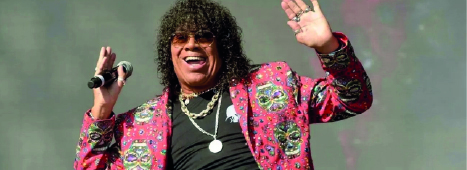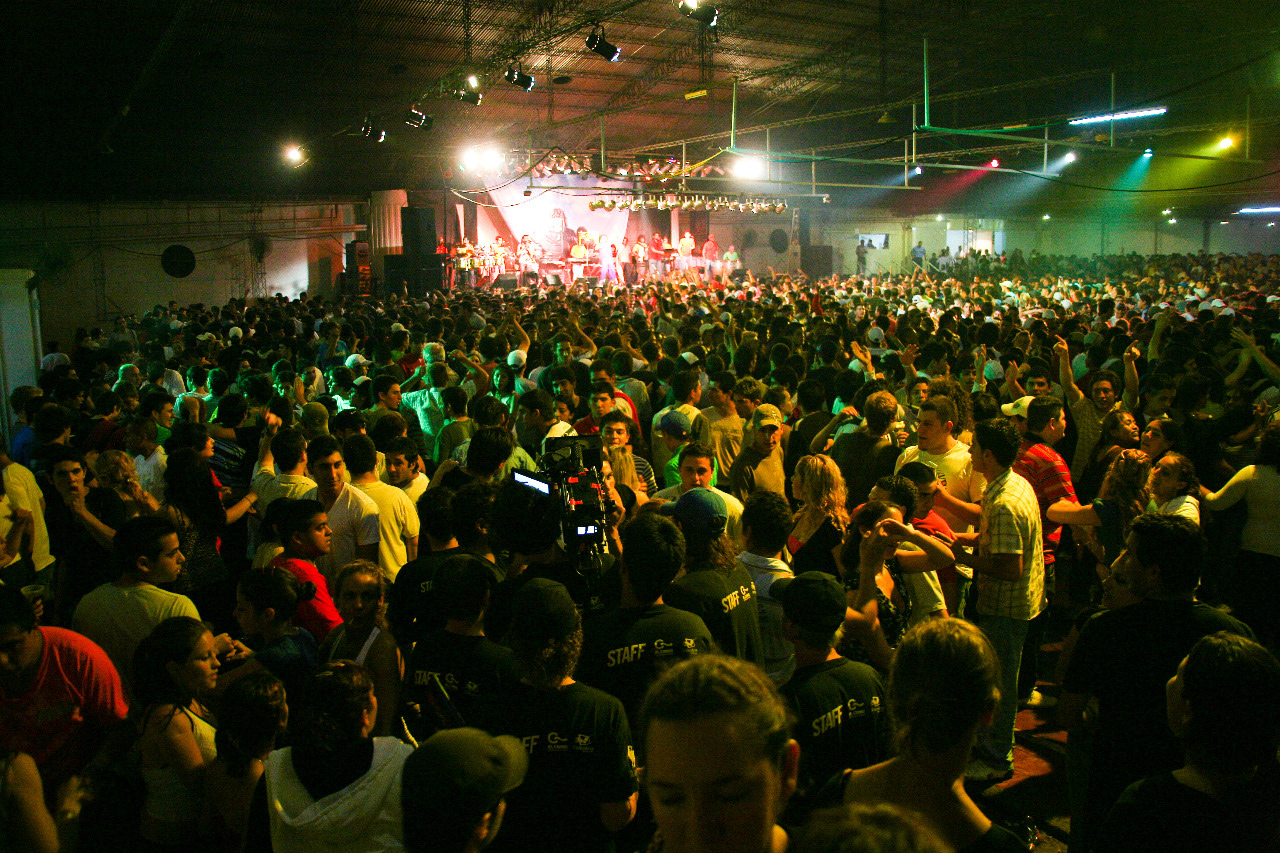So there I am, doom-scrolling in Buenos Aires, when Instagram throws me a reel that makes me spit out my mate. A Dominican Uber driver in Boston is telling the story of how a bunch of Argentine students from Córdoba jump in his car, he throws on some merengue, and they all scream: “That’s not merengue, that’s cuarteto, papá!”
For him it’s blasphemy. For me, it’s pure Argentina: taking something foreign, twisting it, owning it, baptising it anew. Because cuarteto might sound Caribbean, but it was born and raised in the barrios of Córdoba — and right now it’s blowing up way beyond Argentina’s second largest city at the foothills of the Andes, far far away from the tropical island that it is insulting with its bastard son.
From Los Marzanos to La Mona
Cuarteto didn’t just appear out of thin air. It was born in Córdoba in 1943, when Leonor Marzano, a young pianist, laid down the unmistakable left-hand bassline and right-hand melody that would define the genre forever. Together with her father, pianist Augusto Marzano, and their group Cuarteto Característico Leo (named after Leonor herself), they gave Argentina its first true cuarteto beat.
 |  |
That sound — simple, driving, and made for the dancefloor — spread fast across Córdoba’s barrios. From family parties to packed halls, it became the people’s rhythm.
Then came the king. Carlos “La Mona” Jiménez picked up that legacy and turned it into an empire. With more than 80 albums and decades of sold-out shows, La Mona transformed the Marzanos’ invention into a cultural religion. For Cordobeses, he isn’t just an artist — he’s the living symbol of a tradition passed down from Leonor’s piano to the present day.

A Caribbean Detour
By the late ’90s, a Dominican by the name of Jean Carlos lands in Córdoba and suddenly the sound tilts. His merengue phrasing and tropical swagger give cuarteto a new shine, a hybrid accent that blurred borders. That’s why outsiders hear it and think “merengue.” But ask anyone in Córdoba and they’ll tell you straight: “Esto es cuarteto, papá.”

The New Wave: Luck Ra and the heavy hitters
Fast forward to today and we’ve got Luck Ra, the poster boy of cuarteto’s renaissance. After dropping his own Bizarrap Music Session and high-profile collabs, he’s not just filling clubs in Córdoba or BsAs — his beats are sliding into reggaetón playlists in Mexico, sneaking into DJ sets in Madrid, and getting spins in New York. Luck Ra makes cuarteto sound like the present: barrio grit meets digital slickness, hooks built for TikTok, basslines heavy enough to sit next to trap or cumbia 420.
But Luck Ra’s not alone. The scene is buzzing with names...
Q’ Lokura, the group that dominates playlists and tears up collabs.
La Banda de Carlitos, veterans whose live shows are the stuff of legend.
Ulises Bueno, a hit machine with anthems and live recordings that own the charts.
Ke Personajes, crashing streaming rankings and repping the new mainstream.
DesaKTa2, with endless hits and collabs that guarantee playlist rotation.
Big One, producer/artist threading cuarteto into the wider Latin pop game.
La T y La M, dropping tracks that bounce across Argentina.
BM, another streaming regular pushing the sound forward.
Rusherking, bridging cuarteto with the urban scene through collabs and playlists.
Why Cuarteto matters
For decades Argentina exported tango to the world, then rock. But the soundtrack of its barrios, the sweaty, relentless pulse of Córdoba, was kept locked inside the country. Now, thanks to a new wave of artists, cuarteto is refusing to stay put.
From Marzano’s four-man bands, to La Mona’s endless reign, to Jean Carlos’ tropical twist, and now a whole army of young stars — Luck Ra, Q’ Lokura, Ulises Bueno, Ke Personajes, La Banda de Carlitos, DesaKTa2, La T y La M, BM, Rusherking — cuarteto has always been evolving, mutating, surviving. And finally, it’s ready to explode beyond the barrio.
So if a Dominican Uber driver still thinks your cuarteto sounds like merengue… smile, dance, and turn it up. Because that’s the point. Music crosses borders. And cuarteto is crossing them right now.
This isn’t a revival. It’s an explosion.















